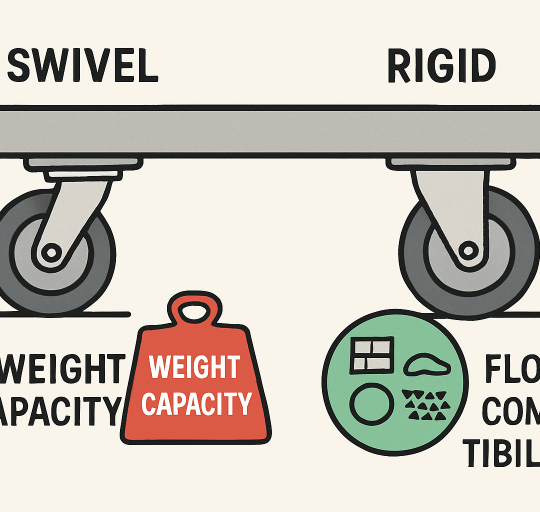 Whether you are selling your house, are a realtor, a broker, or a real estate developer, closing on a sale is exciting, euphoric even.
Whether you are selling your house, are a realtor, a broker, or a real estate developer, closing on a sale is exciting, euphoric even.
This does not, however, mean you drop your guard. In fact, the final stages of a real estate transaction are among the most important in the entire process.
How do you effectively get over the finish line? Here are some pointers.
Table of Contents
1. Hire an Attorney
While you can do without one, an attorney is a luxury few should do without. If not for anything else, find a real estate lawyer to look through the closing documents and ensure you are protected.
Real-estate lawyers are experts at spotting problem areas. Because these documents will be legally binding, offer yourself the benefit of expert advice.
The last thing you would want is to sign the paperwork, then find out that important information was left out or that you conceded to unreasonable terms in the sale.
Aside from protecting you legally, an advocate can also represent you should the transaction bring up legal issues later on.
2. Qualify Buyers
Seasoned sellers can give you numerous stories regarding how a seemingly done deal fell through at the last minute. This is not uncommon.
While you cannot prevent this entirely, there are things you can do to minimize the chances of this happening. One of them is by qualifying buyers.
Essentially, this means determining whether an interested buyer can actually afford to buy a property. For people using a facility, ask to see a pre-approval letter.
If you have a cash buyer, ask to see proof of funds. This is normally a bank statement.
3. Open Escrow
In a way, an escrow account is an impartial third party that can hold funds on everyone’s behalf. The money is held until instructions to release it are issued.
Once all other fundamentals of the sale are settled, the documents are sent to the new owner while the money is channeled to the seller. In essence, this protects you from acts of malice.
The news is constantly awash with stories about people losing their homes to unscrupulous buyers, more so those claiming to pay in cash. An escrow service is one way to avoid being scammed.
4. Collect All Required Paperwork
Selling a house involves a surprising amount of paperwork.
Ensure to find out and collect all the documents and forms required as you approach the closing. This ensures that whatever needs to be signed can be read and signed in one sitting.
Take Your Time
While most house sales go smoothly, this is not always the case. Avoid rushing through any stage and pay attention to small details along the way.
If anything does not feel right at any point of the sale, it costs nothing to halt negotiations as you consult.







